Workers testify against unfair dismissal
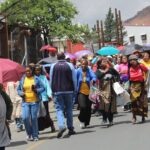
SHARE THIS PAGE!
The Labour Court in Maseru this week heard testimonies from former employees of Quantum Apparel (Pty) Ltd who claim they were unfairly dismissed after protesting against restrictive conditions and unpaid overtime at the factory.
The case, brought forward by the United Textile Employees (UNITE) trade union, centres on allegations that management at Quantum Apparel unlawfully locked factory gates, denied workers the right to leave during lunch breaks, and later dismissed them without due process.
On Tuesday last week, machine operator Kananelo Mokhele took the stand as the union’s second witness. She recounted events of June 25, 2025 when workers were allegedly prevented from leaving the factory premises during lunch hour.
“Among the grievances raised was unpaid overtime,” Mokhele testified.
She said she was later instructed to “go home and wait for a call” to return to work, but the call never came.
During cross-examination, defence counsel Advocate Mosiuoa Koto suggested that the workers’ lunchtime singing was disruptive and had prompted police intervention.
However, Mokhele denied this, saying singing was common in the factory and rejected claims that workers threw food at management or encouraged outsiders to throw stones into the premises.
She further told the court she was a trade union member, even though management allegedly discouraged union affiliation.
The following day, the court heard from Vuyelwa Qokumbane, a score-lady at the factory, who also confirmed that the gates were locked during lunch hour on June 25. She testified that some workers had been unable to eat because their food was kept outside.
Qokumbane said human resources officer Gladys Mokone instructed the workers to continue singing and remain inside the factory. Later, police arrived to investigate grievances, and reports of smoke emanating from a dumpsite near the factory’s boiler. According to her, the police asked boiler operator Teboho Sethunya to check for possible damage to the boiler.
“The factory owner, Kumar (Kahadugoda), told us there was no damage and instructed us to return to work the following day to resolve our concerns. But when we arrived at 7 a.m., the gates were closed with a notice saying no one was allowed in due to inspections,” she said.
Qokumbane noted that she never resumed work after that day and appealed to the court to intervene: “We need to work. We want the court to help us go back.”
During cross-examination, Advocate Koto questioned Qokumbane’s knowledge of the staff involved with the boiler and pointed to a contradiction between claims that management ordered workers to return to work the following day, and its declaration of damage to the boiler.
A third witness, ‘Malebona Mohale, a quality control employee, also corroborated the account of the locked gates and said Mokone had again told workers to continue singing. She said the grievances related to unpaid double-time for Saturday work.
Mohale confirmed that police officers were present on June 25 and that the factory owner assured employees their complaints would be resolved. But, like her colleagues, she found the gates locked when she returned the next day.
“The employer promised resolution, but we were never allowed back inside,” she said, urging the court to order Quantum Apparel to reinstate the workers.
The case highlights simmering tensions in Lesotho’s textile and apparel industry, where disputes over pay, working conditions and freedom of association remain common.
At its peak, the sector employed more than 45,000 workers, mostly women, but numbers have since dropped by half, with many employees citing harsh conditions and precarious contracts.
The trial continues, with UNITE expected to call more witnesses before final arguments are heard.
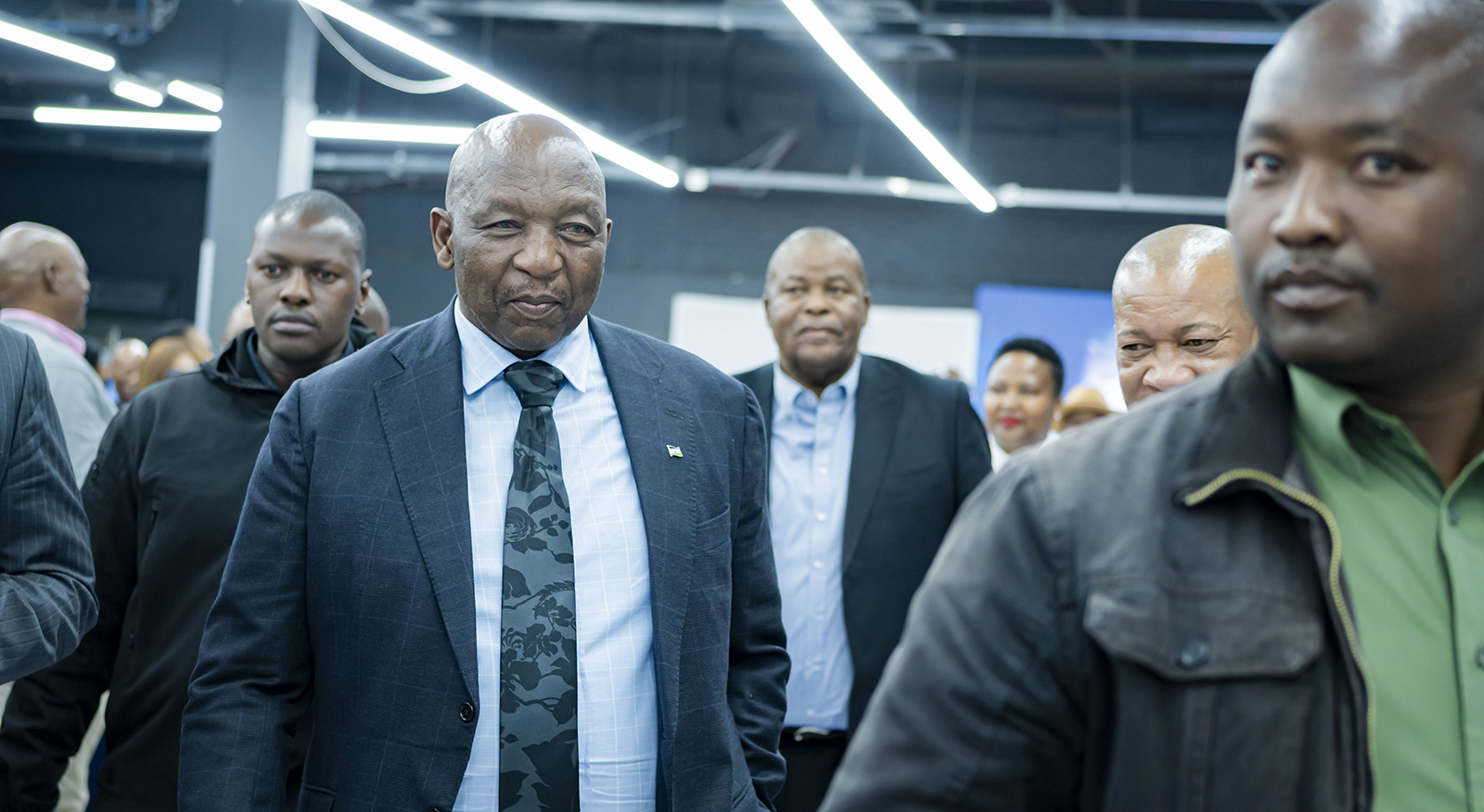
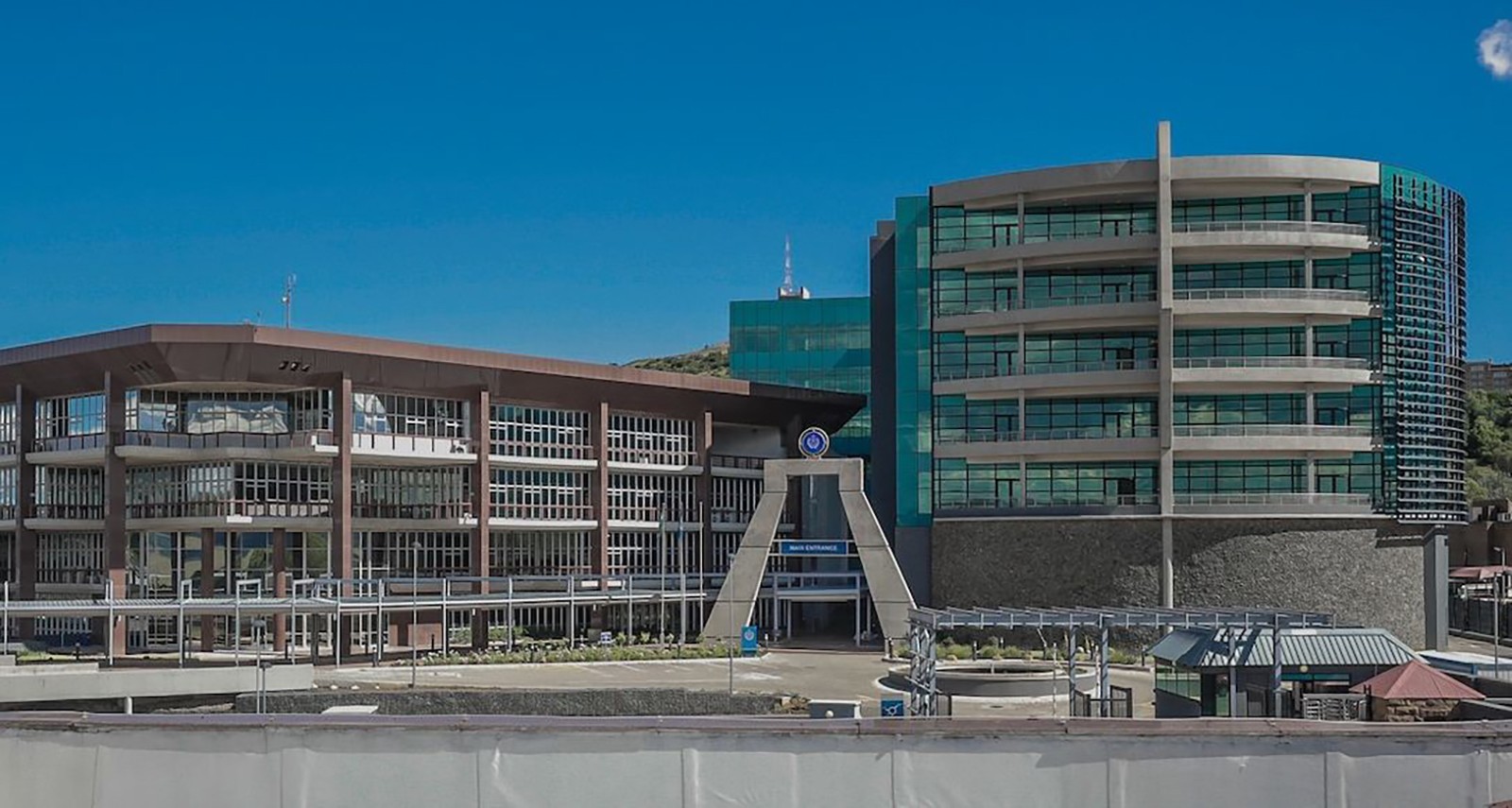
CBL honoured for ethical procurement
10 days ago
Bantu, MMC launch micro-loan fund in Mafeteng
10 days ago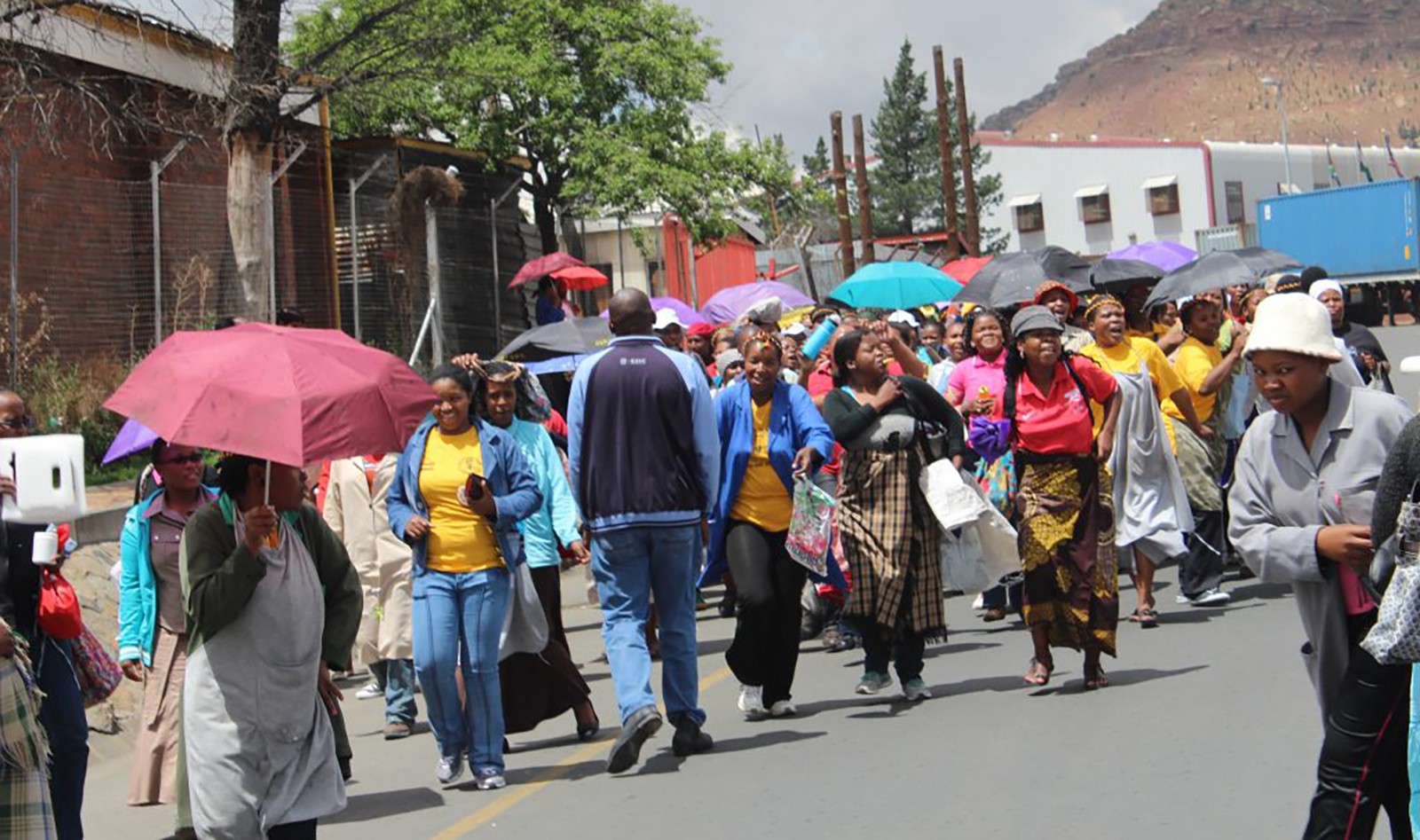
Workers testify against unfair dismissal
10 days ago
Sex-for-jobs scandal hits factories
10 days ago
High Court to rule on Lipholo bail bid
13 days ago
Metolong community cries over abandoned clinic
13 days ago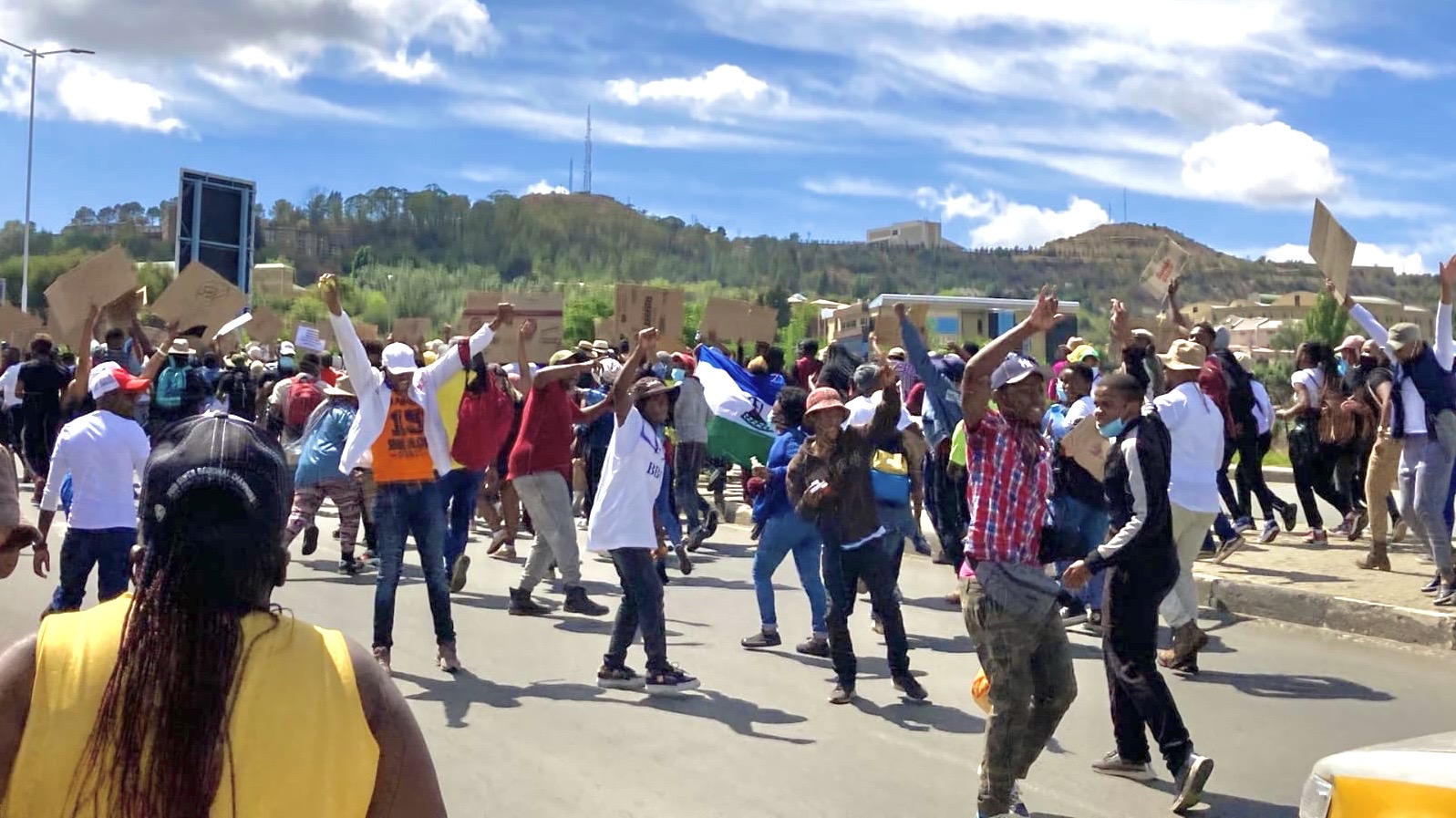
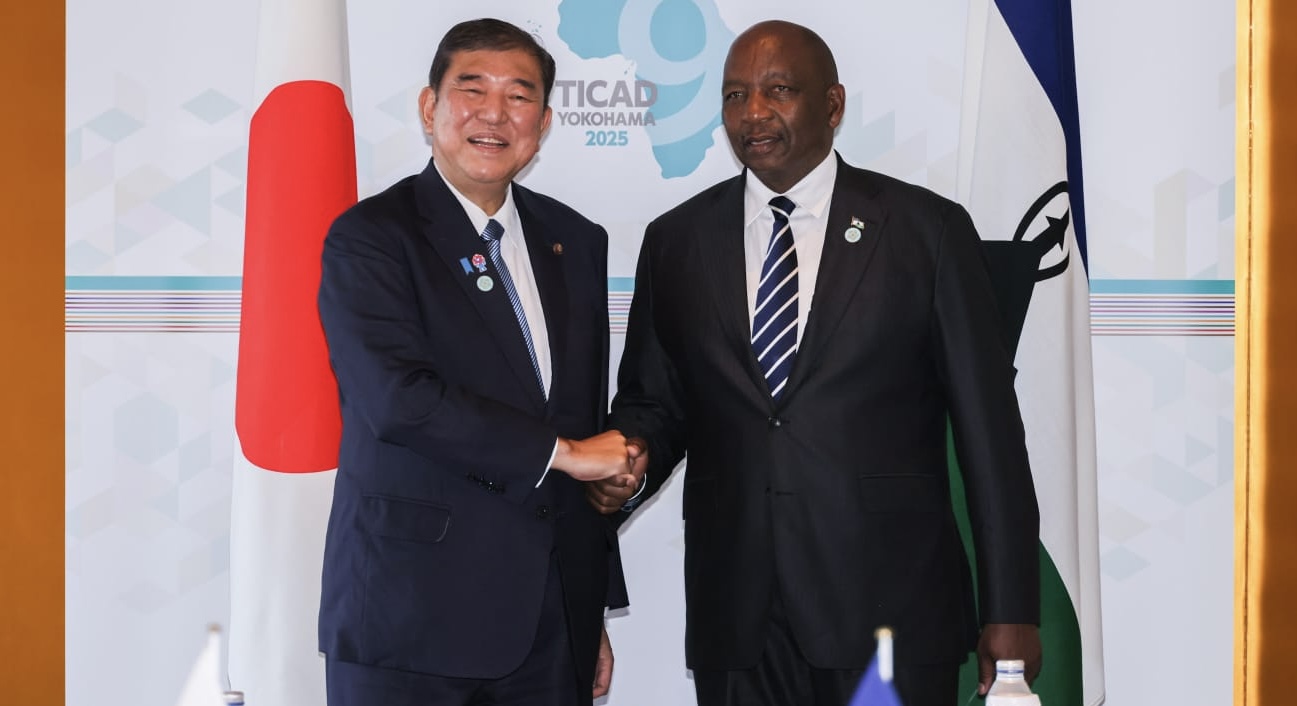
Lesotho, Japan to strengthen bilateral relations
16 days ago
US restores HIV lifeline to Lesotho
18 days ago